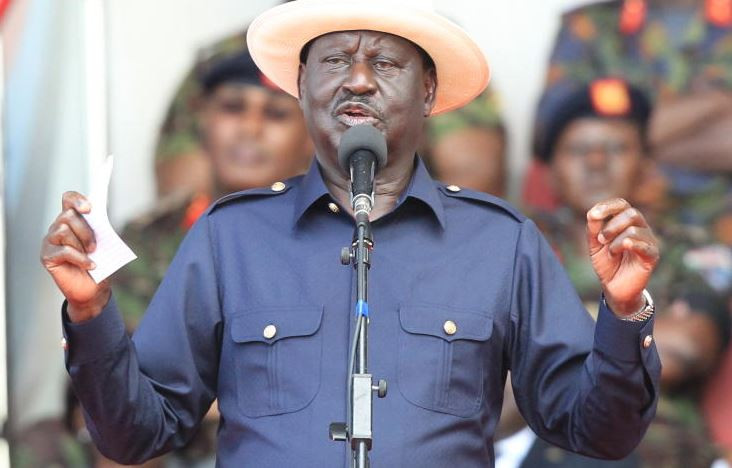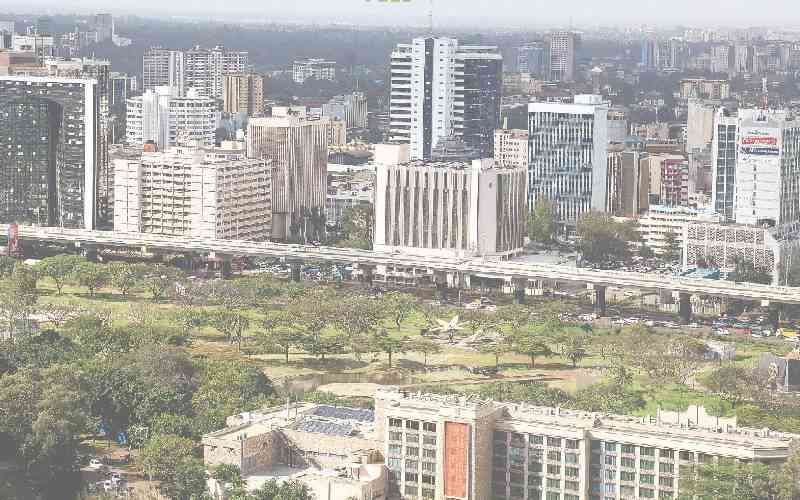
Raila Odinga's name is synonymous with liberation struggles and multiple attempts at the presidency. Loved and loathed in equal measure, the second-born son of Jaramogi Oginga Odinga, Kenya's first Vice President, evokes passion on both ends of the spectrum. The late Vice President Wamalwa Kijana once remarked that those who despised Raila did so with fervor, while his admirers were willing to die for him.
In Kenya's political landscape, Raila's life mirrors the story of the six blind men describing an elephant, each perceiving it differently depending on the part they touched. At the end of the day, none of the blind men had a holistic impression of the entire elephant. Over decades, Raila has captured the national imagination, yet no one seems to grasp the full essence of this political colossus.







